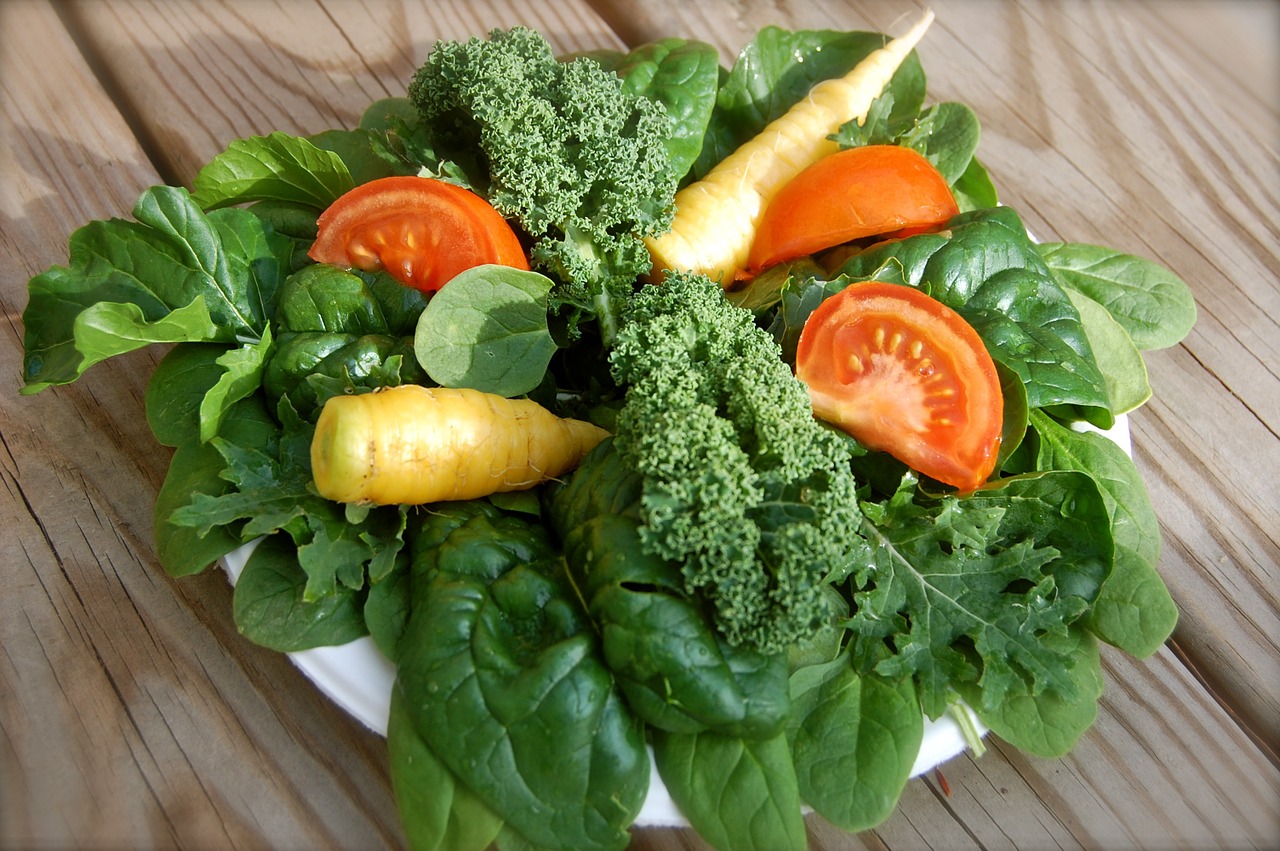Iron deficiency can become serious if it goes unchecked, and the best way to avoid it is usually through a diet that is rich enough to supply the right amount. Understanding when to increase the iron in your diet naturally and when to supplement it can be complex, so it’s important to work with your doctor to address serious deficiencies. Luckily, there are a lot of simple ways to increase the iron in your diet on your own, and that can help prevent the need for additional medical intervention.
For most people, getting enough iron is simple because it is found in most meat dishes. Vegetarians and those with restricted diets limiting meat and protein can struggle to get enough from regular foods, though. In many cases, replacing those iron sources with conscientious dietary choices winds up doing the trick, but sometimes additional supplements like Wellements iron drops are needed.
Nuts & Dried Fruit
One of the easiest ways to replace iron, protein, and many other nutrients found in meat and dairy products is through nuts. Peanuts, while technically legumes, are a great choice, as are most types of tree nut. The only drawback to relying heavily on nuts is their status as a common allergen. If that is an obstacle for your family, there is another easy way to use food to increase child immunity, and that is through the use of dried fruit.
Fruits and vegetables often have a substantial amount of the necessary vitamins and minerals for a healthy immune system. While fresh fruits and vegetables are essential for some of these nutrients, others are easier to get through dried fruit because drying it concentrates the nutrients into a smaller volume, which in turn makes it easy to eat more. Iron and other minerals are among the nutrients that are concentrated by the drying process.
Dark Leafy Greens
Another great source of iron is leafy greens. The darker the better, generally speaking. It is difficult to get enough iron through dietary sources without at least some leafy greens in your rotation if you are a vegetarian, and it helps avoid overdoing it with other iron-rich sources like red meat even if you are not. The only real drawback to this source of iron is that it can be a hard sell for some people, especially kids. While there are plenty of kids who love greens, they do tend to be hit or miss, especially with small children. That being said, it is important to model good dietary choices to help kids acquire the taste for foods that are especially nourishing.
Iron Supplements for Babies and Children
Iron is especially important for kids because it is vital for growth, being one of the nutrients that helps the body produce more hemoglobin for the circulatory system. Often, supplements are a great choice for toddlers and babies because they have not developed a full dietary rotation. If your doctor recommends them, learning how to give baby iron drops to your child is important to make sure you’re giving the right amount in an effective way. The good news is that it’s not hard to learn.
